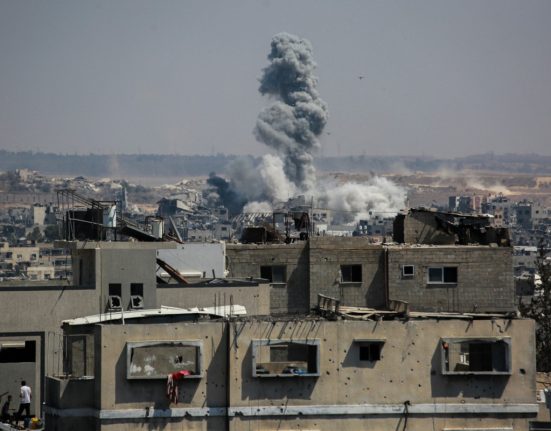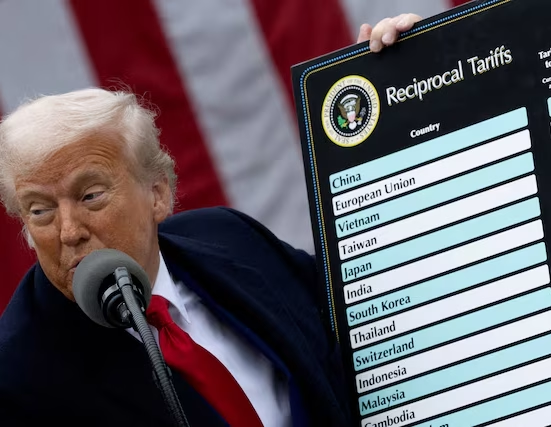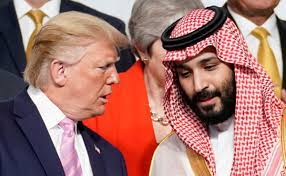In a move that has sent ripples across diplomatic circles, former United States President Donald Trump has publicly stated that Israel will not carry out any further military actions against the Gulf nation of Qatar. This assurance follows a recent attack widely attributed to Israeli forces, which President Trump referred to as both the “first and the last” of its kind, signaling a shift towards de-escalation in a region already fraught with geopolitical tensions.
Speaking during a high-level forum focused on Middle East stability, Trump underscored the importance of restraint, dialogue, and regional cooperation. He acknowledged the growing concerns within the international community following the reported Israeli strike on a Qatari military intelligence facility earlier this month. Although Tel Aviv has neither confirmed nor denied responsibility for the incident, global intelligence analysts have pointed to the use of precision-guided munitions and electronic warfare techniques commonly associated with the Israeli Defense Forces.
Trump’s remarks come amid mounting pressure from global powers and regional stakeholders to avoid further escalation between Israel and its Arab neighbours, particularly in the Gulf. Qatar, a strategic ally of the United States and host to the largest American military base in the Middle East — Al Udeid Air Base — holds considerable influence both diplomatically and economically in the region. Any sustained hostility involving Doha could destabilise the fragile balance already strained by ongoing conflicts in Gaza, Syria, and Lebanon.
While some analysts see Trump’s statement as a diplomatic maneuver intended to preserve U.S. strategic interests in both Israel and the Gulf, others interpret it as a subtle rebuke of Israeli aggression. The former president, known for his close relationship with Israeli leadership during his administration, appeared to strike a more neutral tone, emphasising the need for peaceful coexistence and mutual respect among allies.
Officials in Qatar have not yet issued a formal response to Trump’s comments, but sources within the Qatari foreign ministry suggest that backchannel negotiations are underway to ensure that such incidents are not repeated. Meanwhile, security has been heightened across key infrastructure in Doha, and surveillance activity around the Qatari coastline has reportedly increased.
This development also adds a new layer to the complex geopolitical dynamics in the Middle East, especially considering recent warming ties between Qatar and Iran — a nation often at odds with Israel. Regional observers note that any miscalculated move could trigger a broader conflict that may involve multiple state and non-state actors, something the international community is keen to avoid.
Trump’s assurance, whether symbolic or substantive, has introduced a tentative sense of relief within diplomatic corridors. However, with no formal truce signed and the broader issues still unresolved, the situation remains delicate. The eyes of the world will now be firmly fixed on both Jerusalem and Doha in the coming weeks, as the region grapples with the consequences of war, diplomacy, and everything in between




